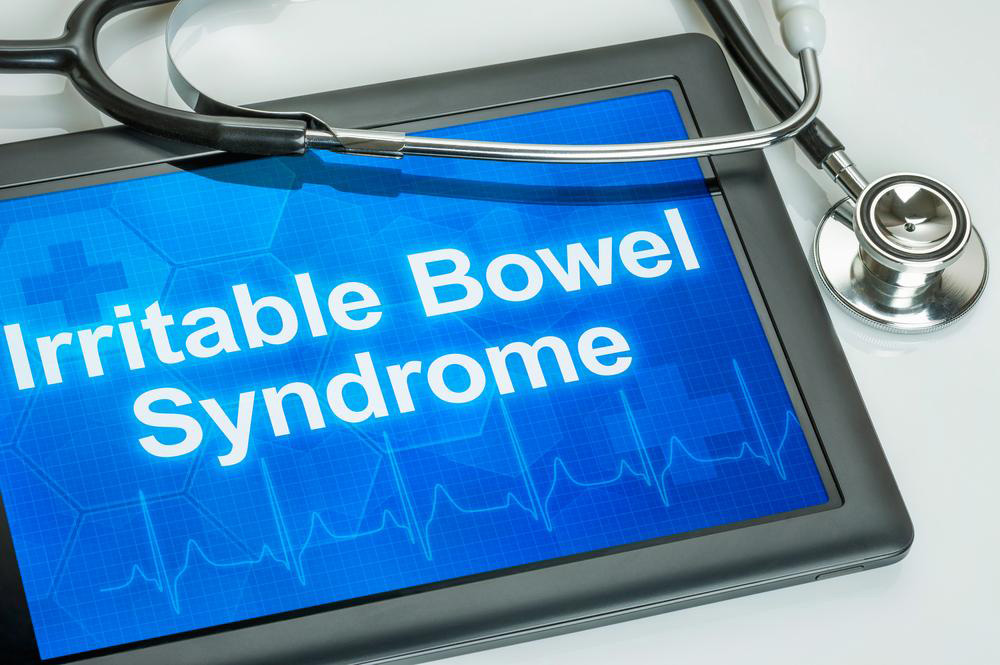Comprehensive Guide to Managing IBS Symptoms with Probiotics
This comprehensive guide explores how probiotics can effectively manage IBS symptoms by restoring gut balance, reducing inflammation, and improving bowel movements. It covers various probiotic strains, their benefits, and integration with diet and treatment. Learn how probiotics can offer natural relief from bloating, cramps, and irregular bowel habits, creating a healthier digestive system and improving quality of life. Perfect for those seeking alternative and scientifically backed ways to alleviate IBS discomfort naturally and safely.

Comprehensive Guide to Managing IBS Symptoms with Probiotics
Irritable Bowel Syndrome (IBS) is a prevalent gastrointestinal disorder that affects millions worldwide, causing a range of uncomfortable symptoms such as bloating, abdominal pain, irregular bowel movements, and discomfort. While various treatments are available, probiotics have emerged as a promising natural approach to managing and alleviating IBS symptoms effectively. These beneficial microorganisms play a crucial role in restoring and maintaining the balance of gut bacteria, which is a cornerstone of digestive health and overall well-being.
Understanding the Role of Probiotics in IBS Management
Probiotics are live microorganisms that confer health benefits when consumed in adequate amounts. They are primarily used to promote a healthy gut flora, which is essential for proper digestion, nutrient absorption, and immune function. In the context of IBS, probiotics help by reducing inflammation, restoring microbial diversity, and normalizing bowel functions. Maintaining a balanced gut microbiota can significantly mitigate the pain, bloating, and irregularities associated with IBS, thereby improving quality of life.
These beneficial bacteria are available mainly as dietary supplements, with some strains demonstrating particular efficacy in symptom relief. For example, Bifidobacterium species, especially Bifidobacterium infantis, have shown remarkable potential in alleviating common IBS symptoms. It is often recommended to combine probiotic therapy with dietary adjustments—such as adopting a low FODMAP diet—and other medical treatments to enhance overall effectiveness.
Probiotic supplements can contain single strains or complex mixtures of multiple bacterial species. Some formulations are backed by clinical research and have proven effective in managing IBS. Notable options include:
Bifantis® (Bifidobacterium infantis 35624): This strain is naturally present in a healthy gut, but supplementation can be beneficial for those lacking sufficient levels.
VSL#3®: A potent formulation combining eight probiotic strains, including Lactobacillus acidophilus, Bifidobacterium infantis, and Lactobacillus casei. Clinical trials support its use for IBS symptom relief.
Symprove: A water-based probiotic containing Lactobacillus rhamnosus, L. plantarum, L. acidophilus, and Enterococcus faecium, designed for easy and effective delivery.
Align: Contains exclusively Bifidobacterium 35624™, specifically targeting digestive health issues.
Kijimea™ IBS: Contains Bifidobacterium bifidum MIMBB75, a proprietary strain aimed at improving gut function.
Saccharomyces Boulardii: A non-pathogenic yeast with proven benefits in maintaining gut health and preventing diarrhea.
Different Types of IBS and How Probiotics Help
Constipation-predominant IBS: Characterized by infrequent bowel movements, hard stools, stomach cramps, and bloating. Probiotics can help by increasing stool frequency and improving stool consistency.
Diarrhea-predominant IBS: Marked by frequent, watery stools, urgency, and abdominal cramps. Certain probiotic strains can help reduce stool frequency and normalize bowel movements.
Alternating IBS: Features a mix of constipation and diarrhea episodes. Probiotics may help stabilize bowel habits and reduce symptom severity.
The Historical Evolution of Probiotics and IBS Treatment
Humans have consumed fermented foods for thousands of years, recognizing their health benefits well before the scientific era. Ancient civilizations, including Egypt and Tibet, utilized fermented dairy and plant-based foods rich in beneficial bacteria. The scientific exploration into probiotics began in earnest in the 20th century, with researchers such as Elie Metchnikoff in 1905 noting the links between yogurt consumption and longevity, attributing benefits to lactobacilli. Over subsequent decades, scientists like Henry Tissier identified specific bacterial species with probiotic properties, laying the groundwork for modern probiotic therapies. The term "probiotic" itself was coined in 1965 to distinguish microbes that support the growth of beneficial microbes within the human body.
Mechanisms: How Probiotics Alleviate IBS Symptoms
Probiotics operate through multiple pathways to improve gut health. They increase the population of beneficial bacteria, which suppresses the growth of harmful microbes. These microbes strengthen the intestinal lining, reducing permeability (“leaky gut”), which is often associated with inflammation and further discomfort in IBS. Additionally, probiotics modulate gut motility, normalize bowel movements, and reduce visceral hypersensitivity, thereby alleviating pain and bloating. They also influence nerve signaling pathways within the gut, providing a soothing effect that diminishes cramping and abdominal pain.
Safety and Precautions in Probiotic Use
While probiotics are generally considered safe for most people, some initial side effects such as mild bloating, gas, or stomach upset may occur. Rare allergic reactions or infections can happen, especially in immunocompromised individuals. It is advisable to start with a lower dose, monitor your body's response, and consult a healthcare professional before beginning probiotic therapy—particularly if you have underlying health conditions or are on medication.
In conclusion, probiotics offer a promising, natural avenue for managing IBS symptoms, improving gut health, and enhancing overall quality of life. Combining probiotic supplementation with dietary modifications and medical guidance can provide a comprehensive approach to controlling this chronic condition effectively.





